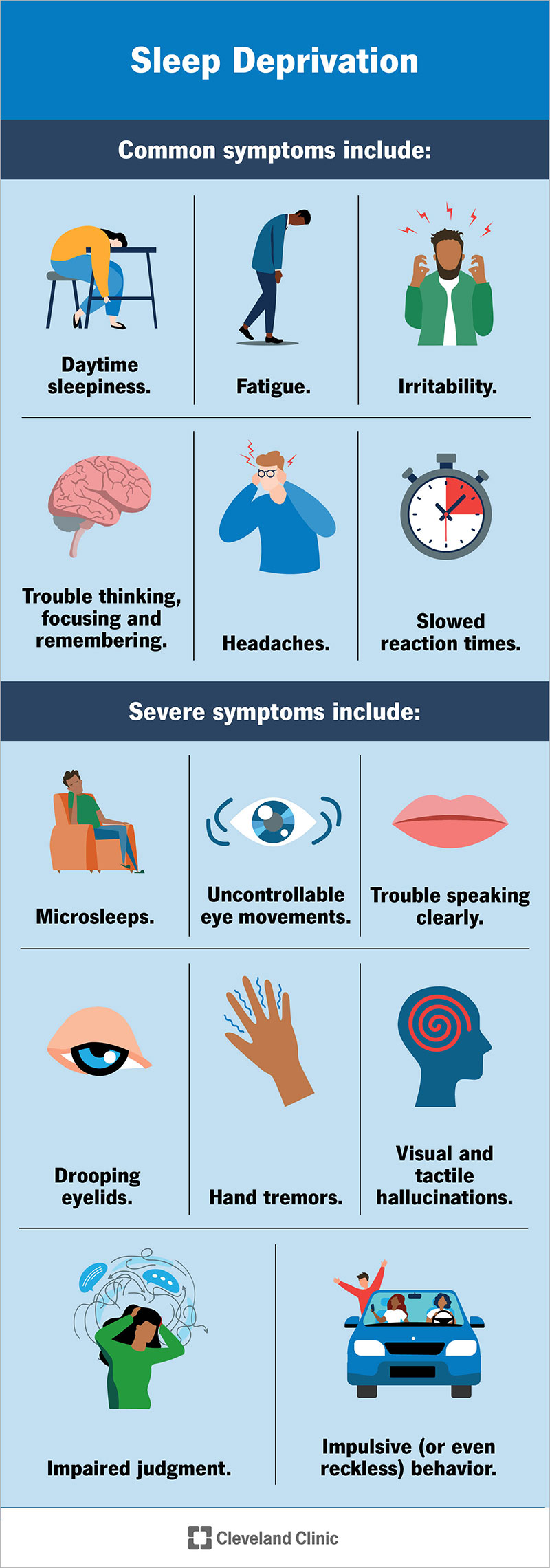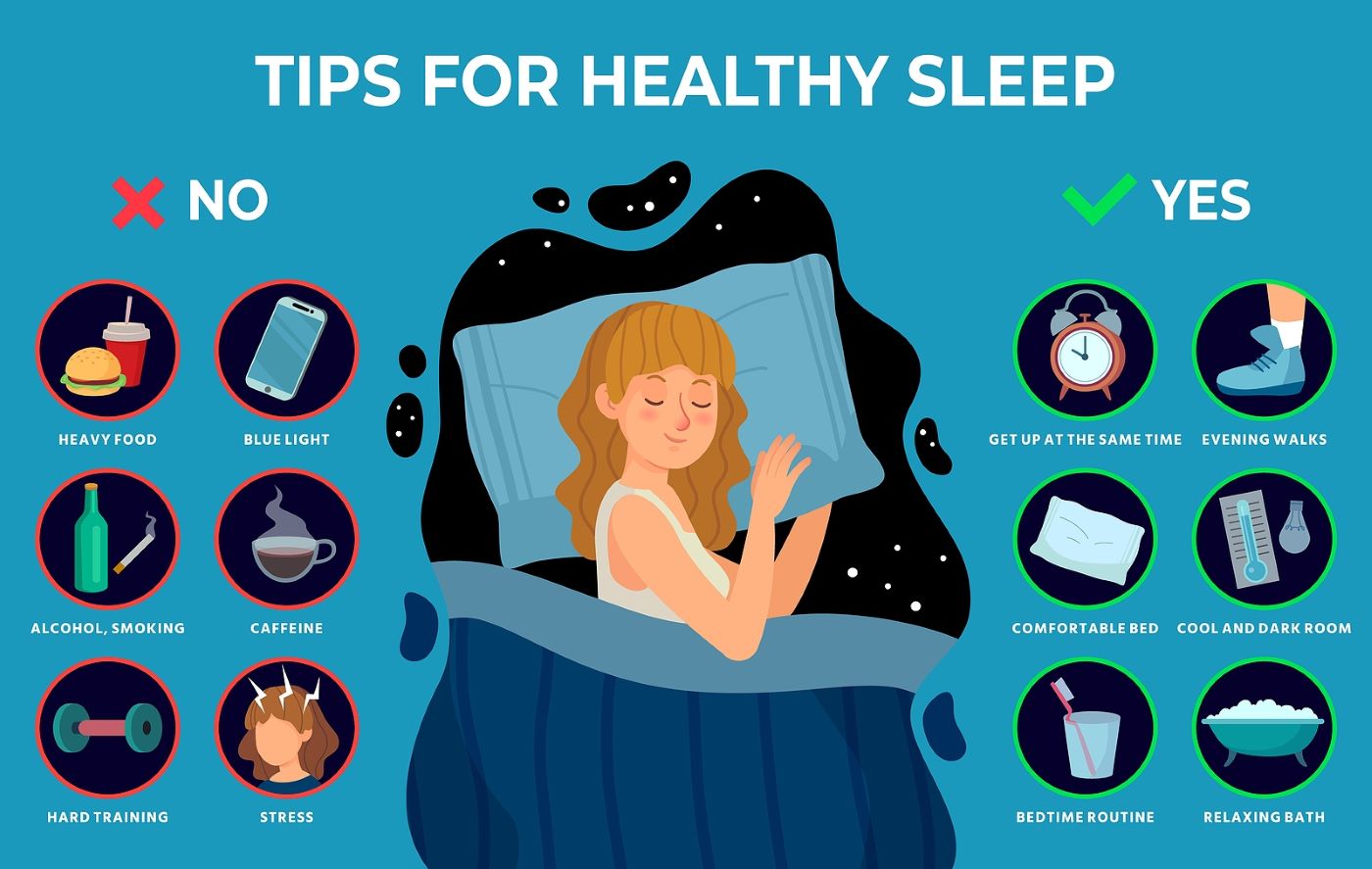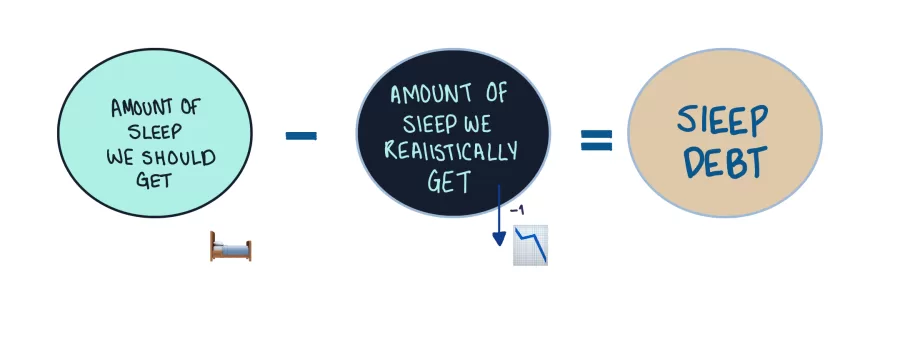Time to Fix that Sleeping Schedule
Teenagers and adults have been losing sleep for quite some time, the all nighters simply must end.
March 2, 2023
All those nights you pulled all-nighters were a HUGE MISTAKE. You’ve probably heard that staying up too late or not getting enough sleep is bad for you. At some point, we are all told to make sure we get enough sleep, and we will either listen or not. If you’re reading this, it’s a sign that you should have been listening.
Not enough people know about the concept of sleep debt, the science behind sleeping! Sleep debt means not getting adequate sleep over a series of days causes sleep debt to progressively build day by day.
- Example: If you regularly sleep 7-8 hours and this is the amount of time that makes you feel energized and good, then you’re going ahead and sleeping 5-6 hours, you simply can’t catch up by sleeping one extra hour on the weekend. Those hours you miss add up.
As sleep debt builds up, your brain and body start shutting down. They start acting low on energy explaining why you must be feeling like this at school, everyday. For your own health, you can read this and start taking care of yourself.
Risks from sleep deficit:
- Brain: Your IQ and grades are in jeopardy. Each day that you sleep less than your regular hours, your IQ may begin to decline cumulatively. Trust me when I say there is a reason people suggest you to get good hours of sleep before tests or important events, your brain could go on automatic pilot without good sleep. Your brain is having difficulty absorbing and recalling new information, which may be affecting your memory.
- Emotions: Pre-existing mood disturbances such as anger and anxiety are serious effects. Your emotions will be a roller coaster with sleep deprivation. Those times where you just wake up in a horrible mood, you have definitely blamed it on the amount you slept that night, so why haven’t you done something about this? Sleep acts as an emotional reset button, which is why it subconsciously can alter your mood into a negative or positive emotion.

Before you start doing endless math of hours lost, you do not need to “pay back” hour for hour the lost sleep. It simply just might take several nights of good-quality sleep to recover, so don’t start stressing out, trust me, you can awaken.
If you’ve been sleeping poorly for two months, you’ll need to catch up, at the very least to get back to baseline. This is a difficult goal to achieve, especially for some of you readers who, let’s face it, may have a complicated schedule.
How to avoid:
- Sleep schedule: Maintaining a consistent hour will assist you in prioritizing sleep. For Apple users, I would even recommend using the sleep options on your phone, which will help you monitor how much you’ve slept and remind you to put your phone away. If you need to change your sleep schedule and add more time, start with smaller increments.
- Nightly routine: Around an hour or 30 minutes before bed, you should get that skin care and hygiene done and find a way to turn off those electronics, and find a relaxing activity to help you shut those eyes. Avoid melatonin gummies, these tips will help you produce your own.
- Bedroom environment: Little of the basics will go along way. Your room temperature perfect to comfortability, black out any lights or noises.
Extra tips:
- Do not stress about the lack of sleep: DO NOT OVERTHINK THIS. Make the commitment to working on it and you should be more than fine.
- Journaling/ brain dumping: Write all these thoughts down and get it out of your mind. Anything that might keep you up at night or even cause a weighted amount of stress could be easier to get rid of by dumping it in a notebook.
- Use a weighted blanket: Research shows that the material of this blanket increases healthy natural melatonin production. For those who struggle with sleeping due to overthinking, this might be worth the try.
- Short naps: 15 to 20 minutes may help relieve sleepiness, but shouldn’t interfere with the regularity of bedtime and wake-time.
- Easy way to reset baseline: One extra hour of sleep for 10 days in a row + regular baseline = 8 hours of sleep everyday after that, start from 0 and incorporate 8 hours into your schedule immediately.

It is important to know. Once you know this you can start prioritizing sleep into your routine. People fool themselves into thinking that sleeping a whole weekend will be enough, your body isn’t handling it the same as you believe it is.
We all value sleep and rest; it is what we all look forward to when we get home. If you truly care about this, help yourself by addressing your sleep deficit and giving your body what it requires. Prioritize it like everything else, you need this to optimize your well being. Go repay that debt!















